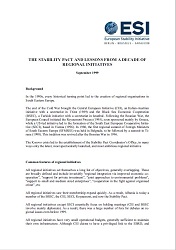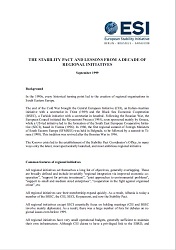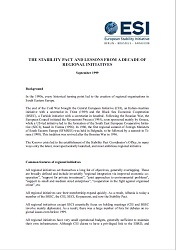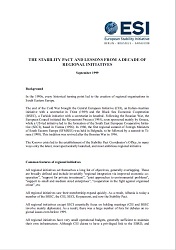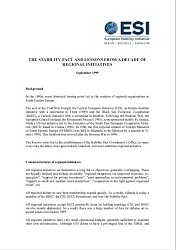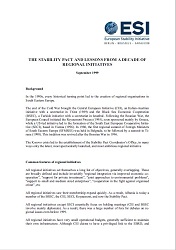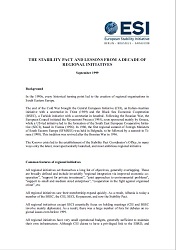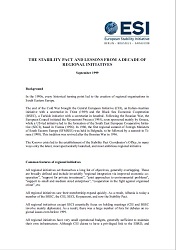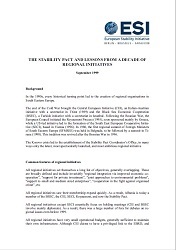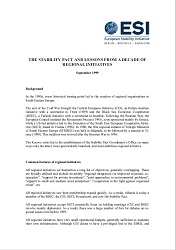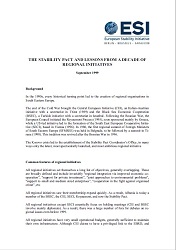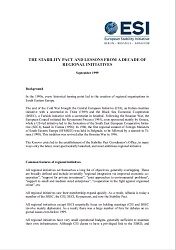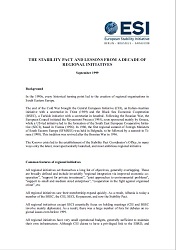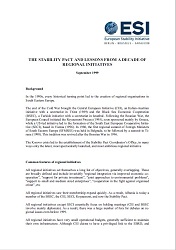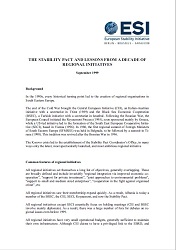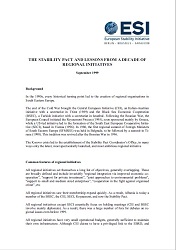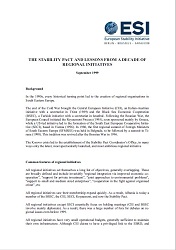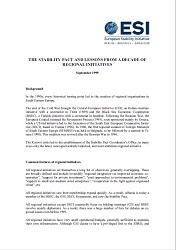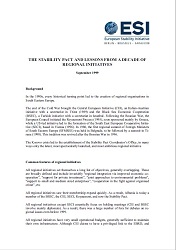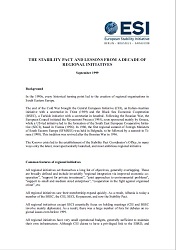
THE OTTOMAN DILEMMA. Power and Property Relations under the United Nations Mission in Kosovo
THE OTTOMAN DILEMMA. Power and Property Relations under the United Nations Mission in Kosovo
Keywords: UNMIK; transformation in Kosovo;
The United Nations Mission in Kosovo (UNMIK) has made itself responsible as trustee and administrator for a vast amount of state and socially owned property across Kosovo, including some 370 socially owned enterprises (SOEs). However, over the past three years, it has lacked the institutional resources to establish an effective property regime. As a result, control over some of Kosovo’s most valuable economic assets is being determined outside the legal system, in countless individual power struggles across Kosovo. The results have been harmful both to economic development, social and political stability and the establishment of the rule of law. This report analyses different strategies employed by UNMIK to fulfil its responsibility as trustee of social property, including direct administration of SOEs, the restoration of Yugoslav workplace democracy (‘self-management’) under the 1988 Law on Enterprises, and granting concessions over SOEs to private investors (‘commercialisation’). It concludes that these efforts have done little to curb the confusion over commercial property or to promote an environment more conducive for private sector growth.
More...
